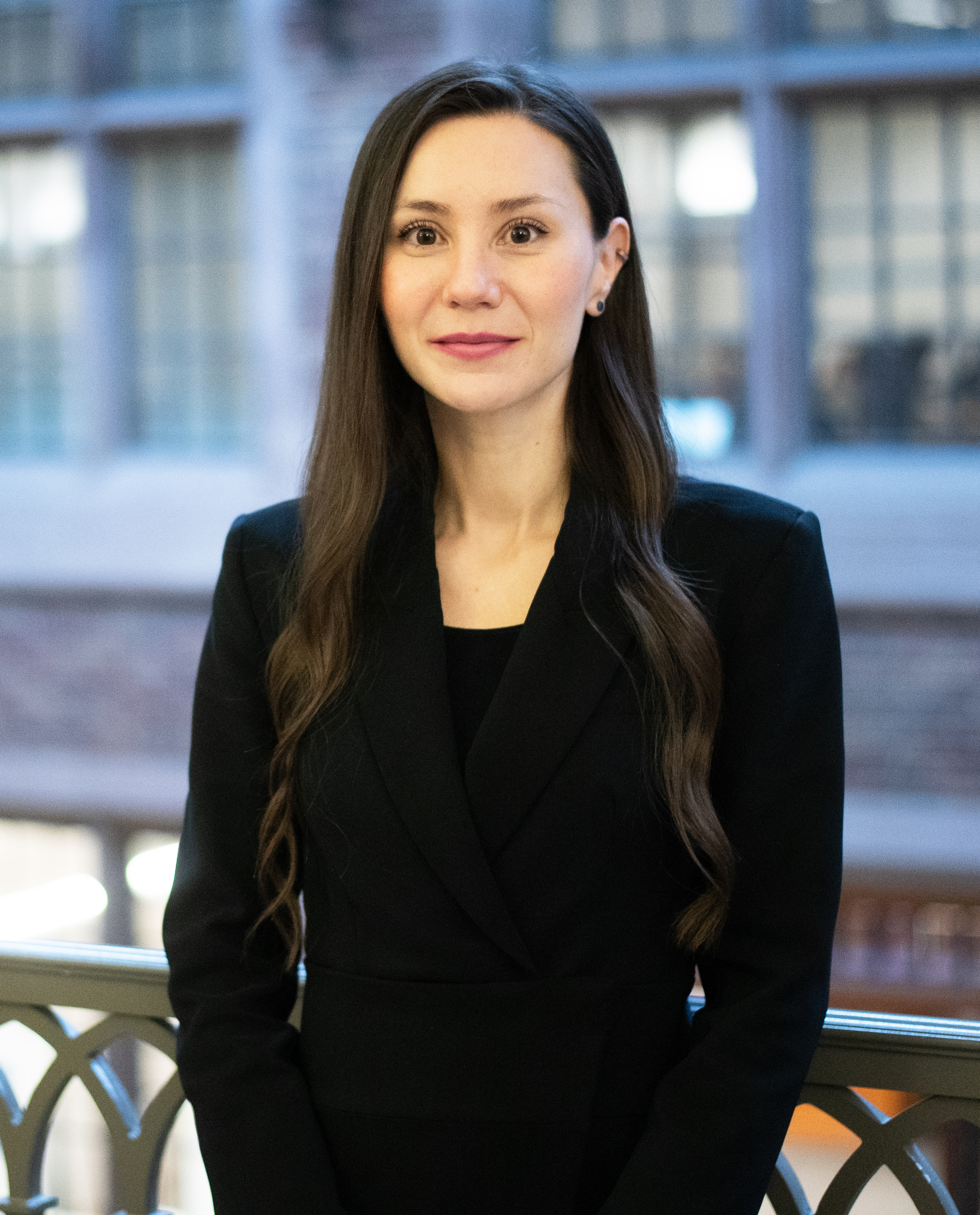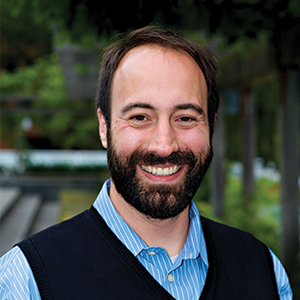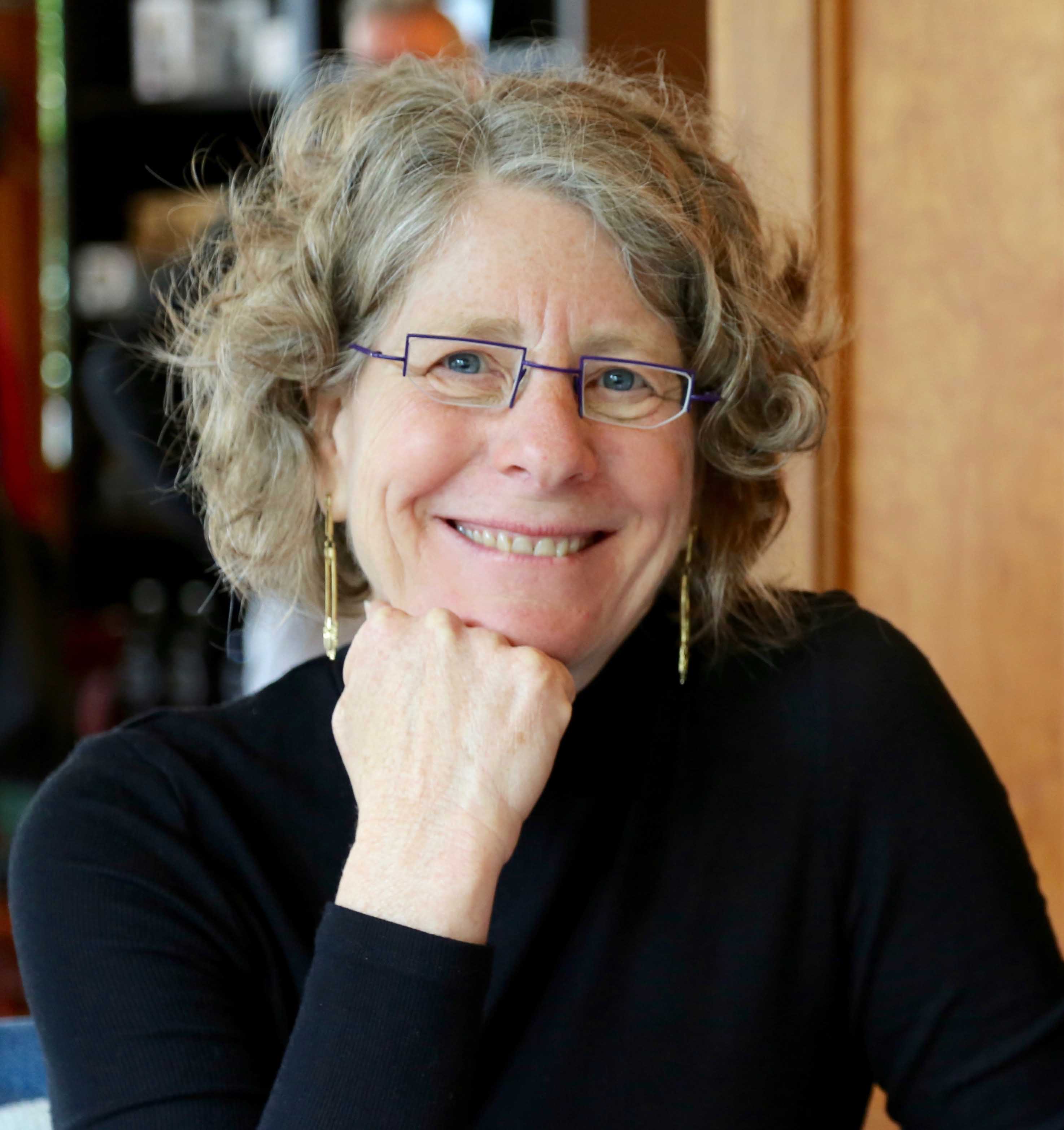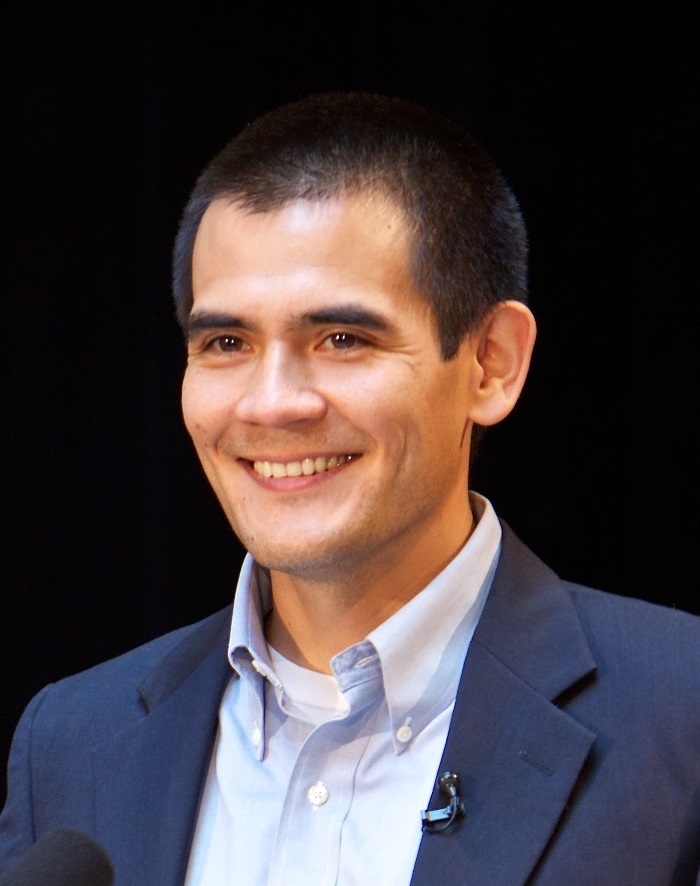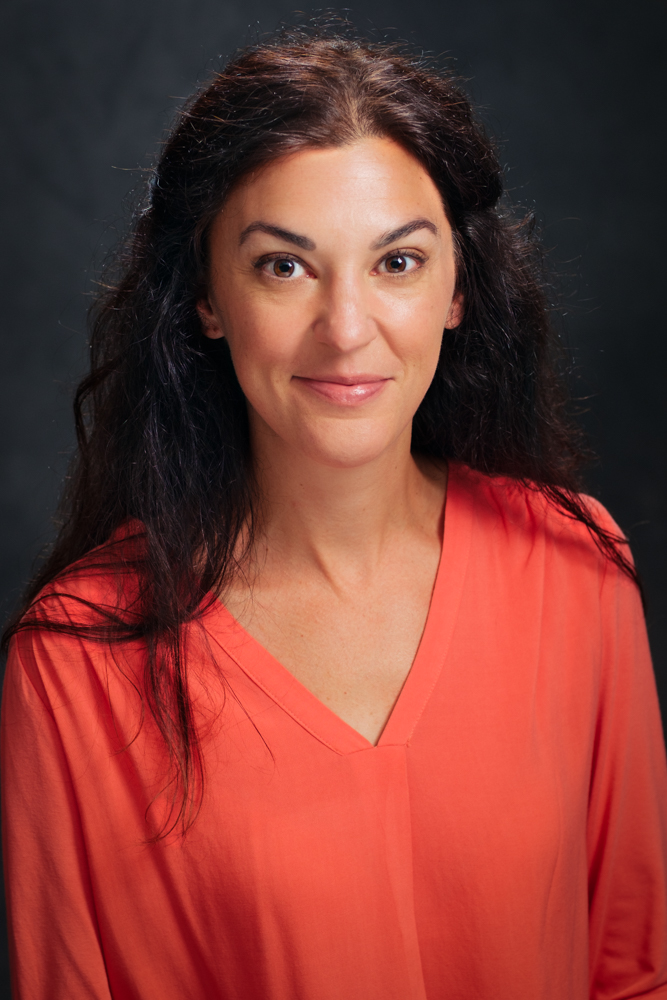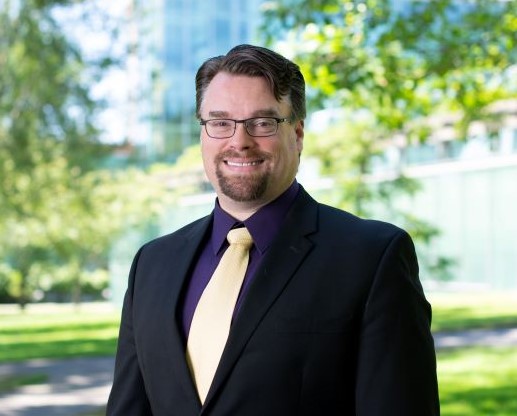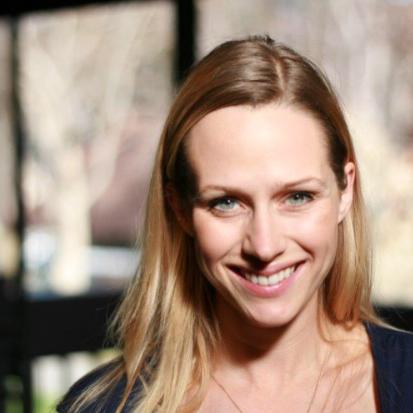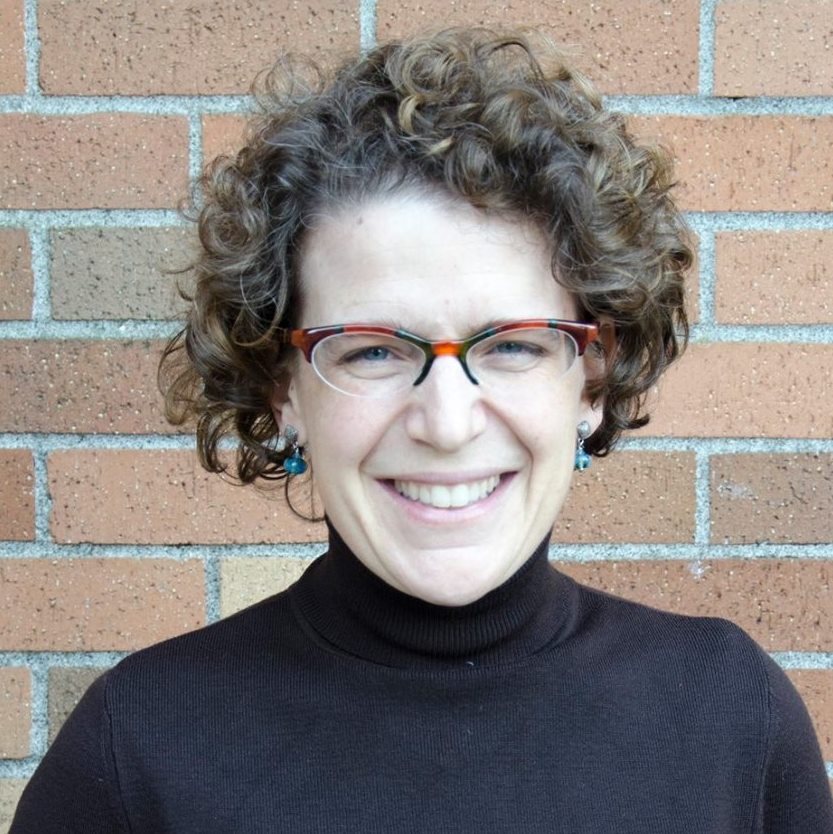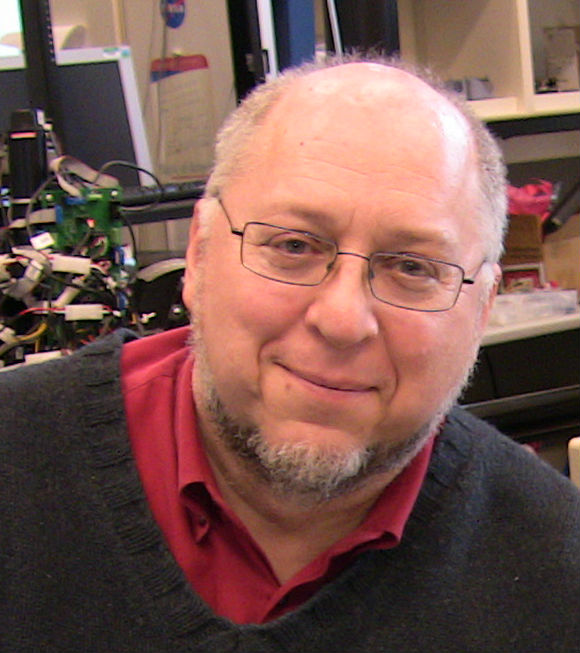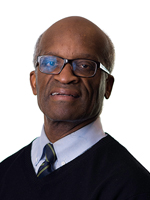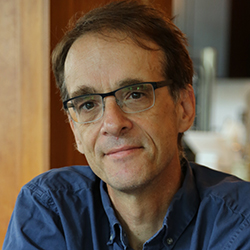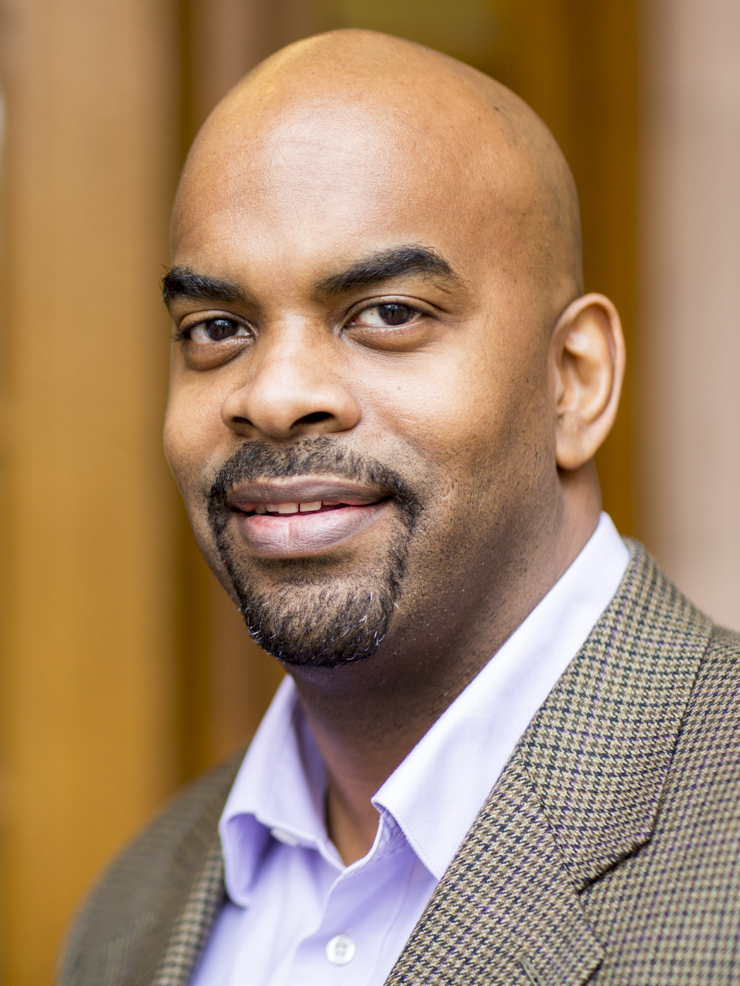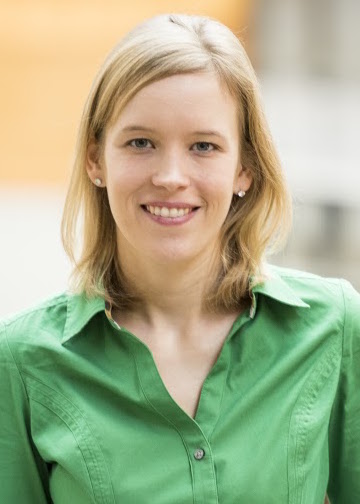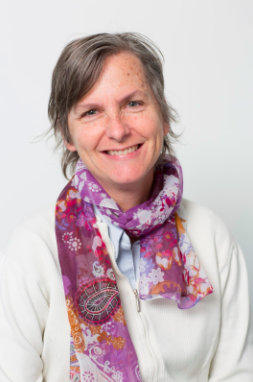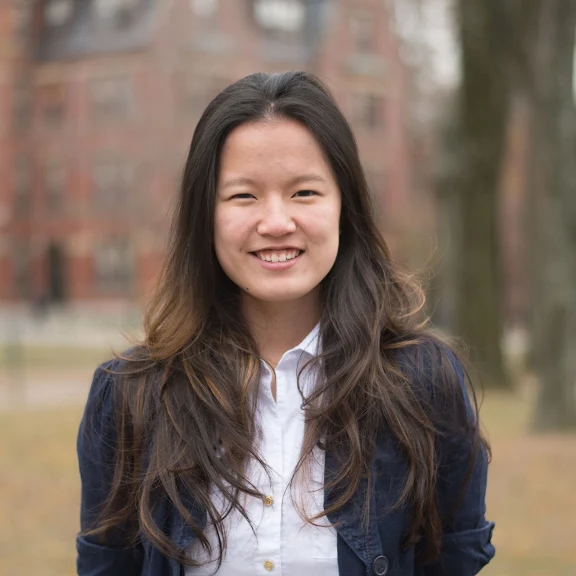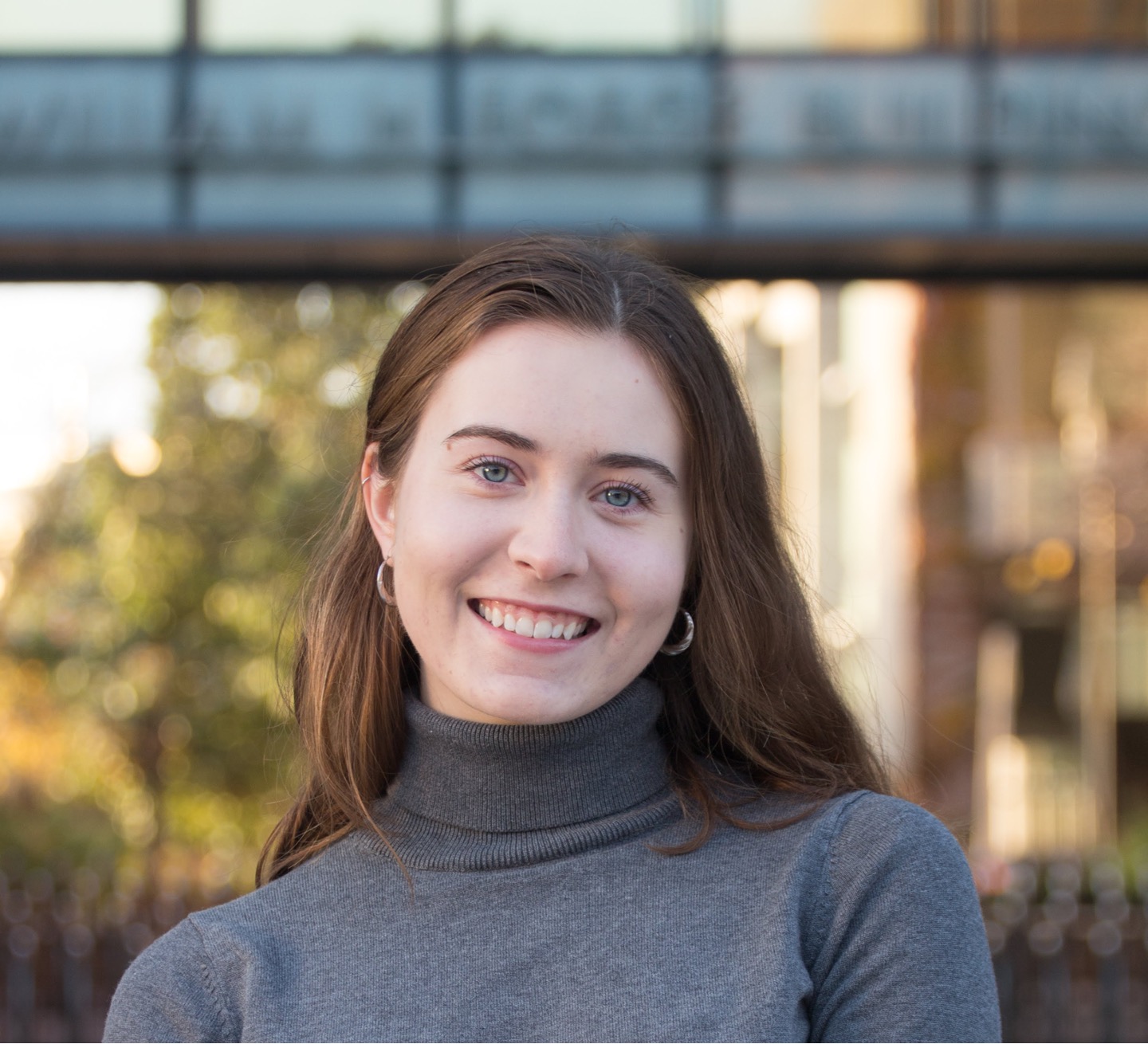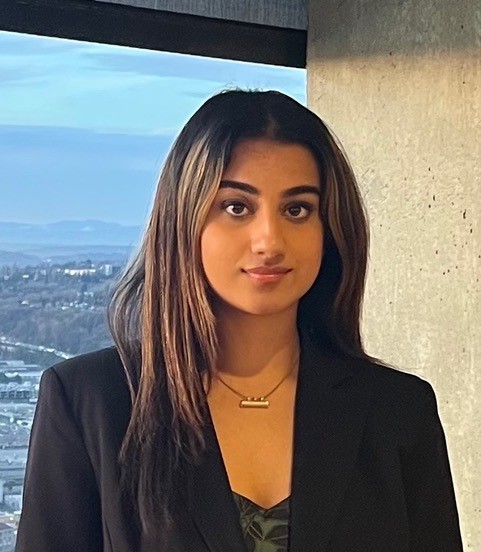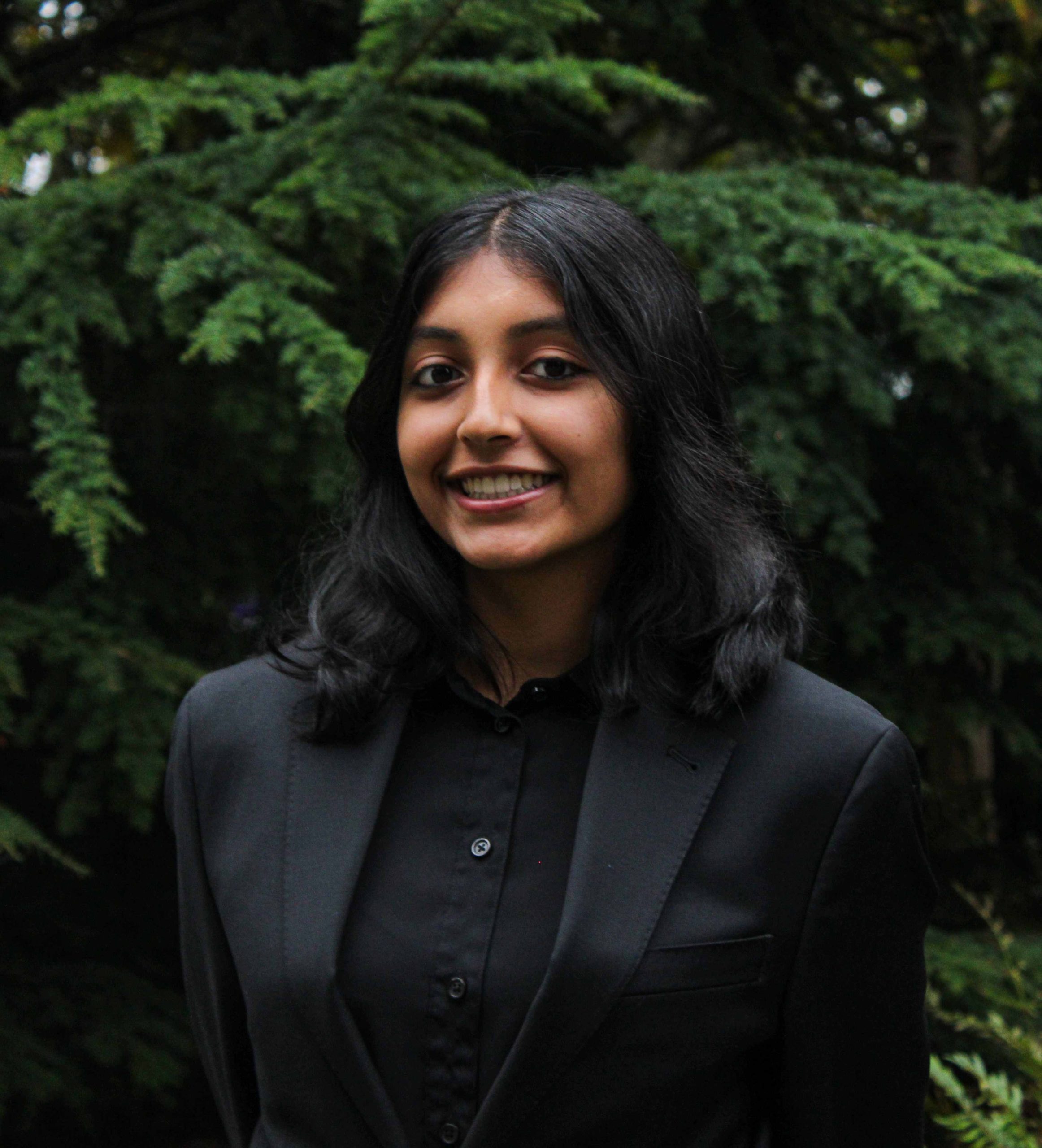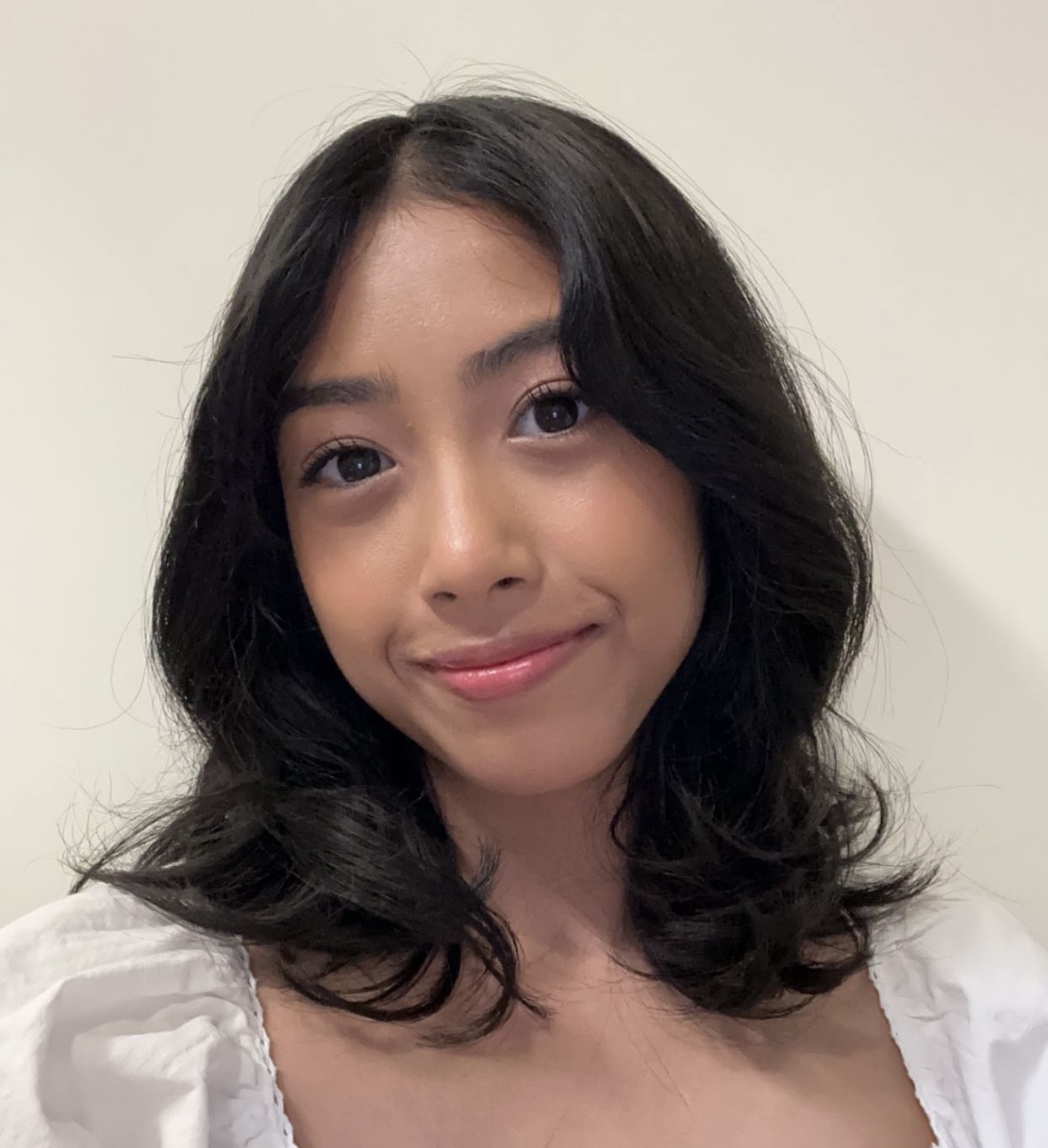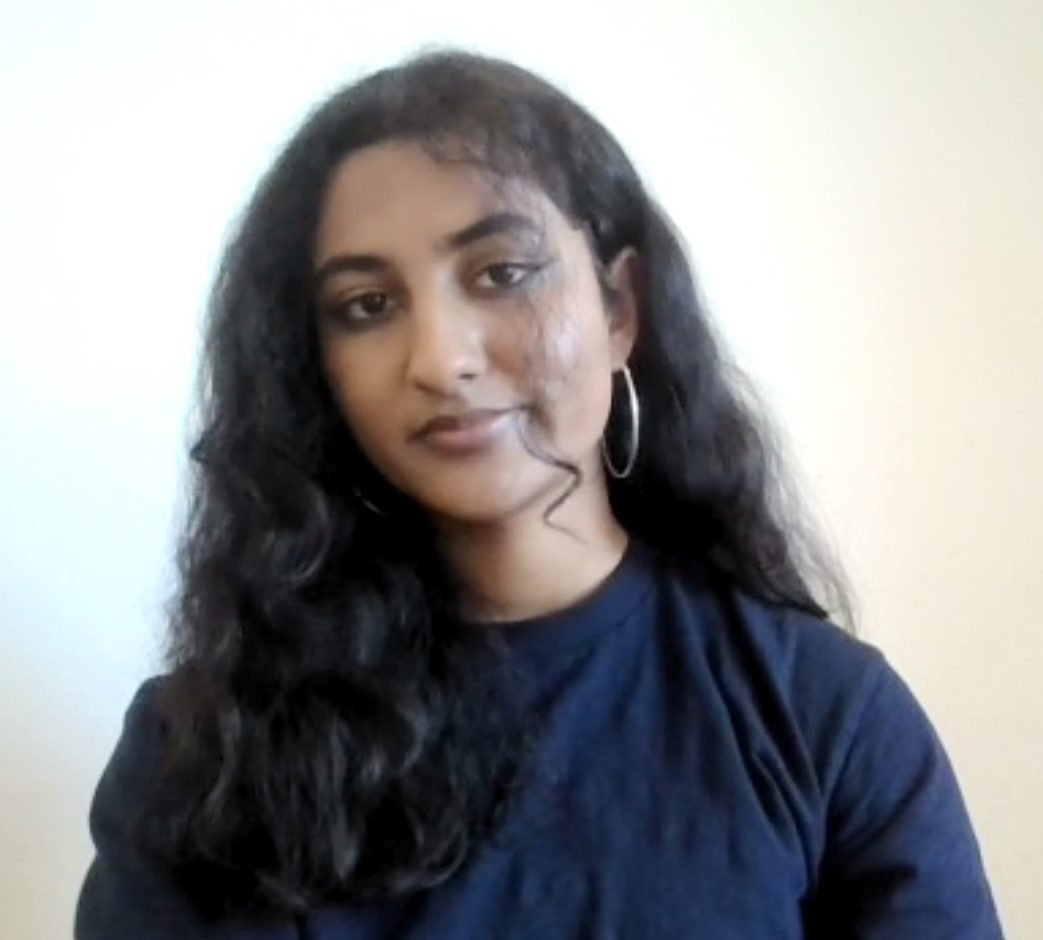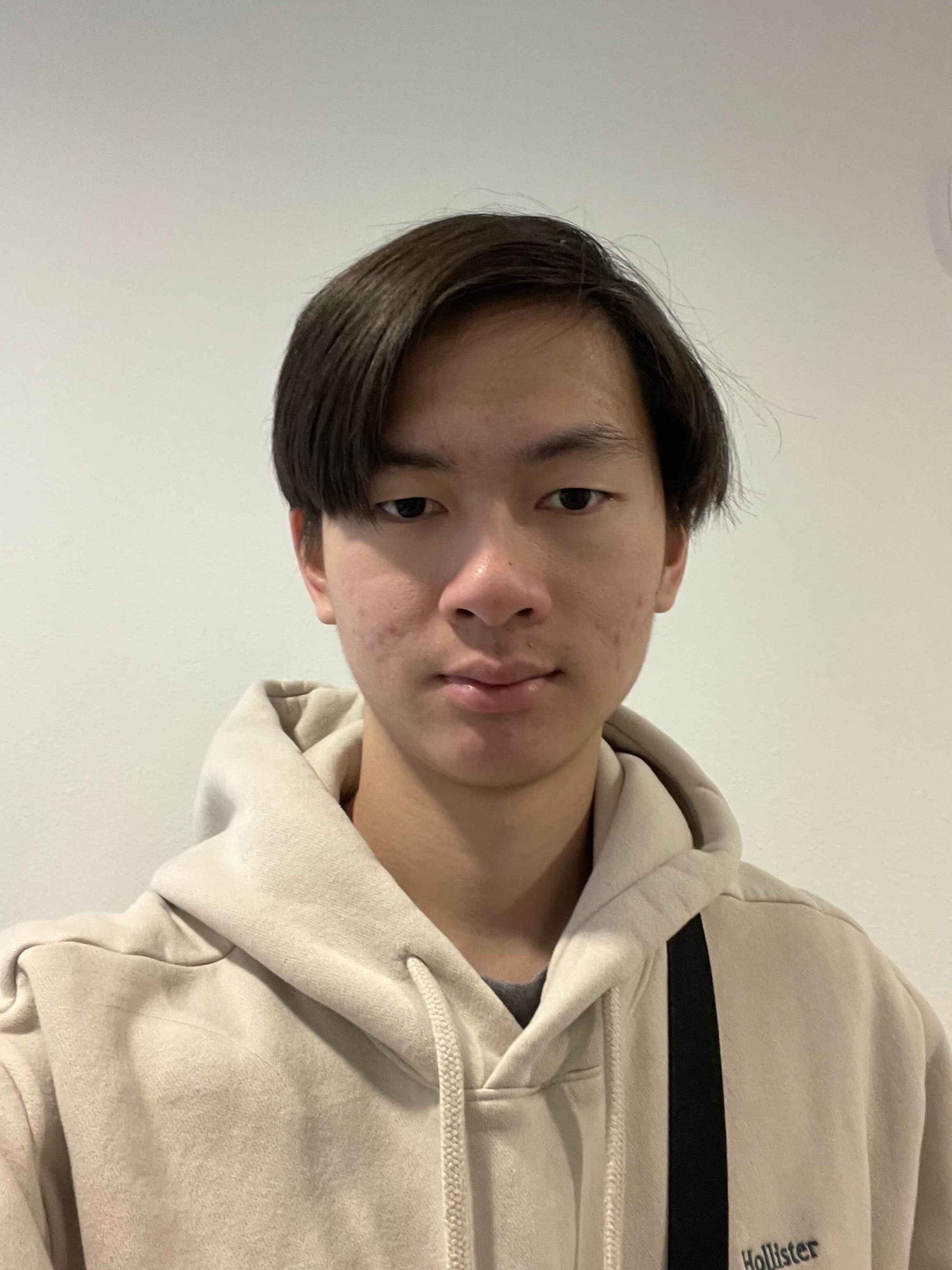The Tech Policy Lab is a unique, interdisciplinary collaboration at the University of Washington that aims to enhance technology policy through research, education, and thought leadership. Founded in 2013 by faculty from the University’s Paul G. Allen School of Computer Science & Engineering, Information School, and School of Law, the Lab aims to bridge the gap between technologists and policymakers and to help generate wiser, more inclusive tech policy.
Our Impact
Our People
Faculty Directors
Aylin Caliskan is an Assistant Professor in the Information School and, by courtesy, Paul G. Allen School of Computer Science & Engineering at the University of Washington and a Nonresident Fellow in Governance Studies at The Brookings Institution, housed in the Center for Technology Innovation. Aylin is interested in artificial intelligence (AI) ethics, AI bias, computer vision, natural language processing, and machine learning. Aylin develops transparency-enhancing algorithms to analyze how machines learn biases and consequently impact humans and society.
M. Ryan Calo is the Lane Powell and D. Wayne Gittinger Professor at the University of Washington School of Law and formerly a director at the Stanford Law School Center for Internet and Society (CIS). Ryan researches the intersection of law and emerging technology, with an emphasis on robotics and the Internet.
Batya Friedman is a Professor in the Information School at the University of Washington where she co-directs the Value Sensitive Design Research Lab. Batya's research develops theory, methods, and toolkits for foregrounding human values in the design of new technologies, most recently with an emphasis on systems that will unfold over longer timeframes on the order of 100 years.
Staff
Robin is the Communications Consultant for the Tech Policy Lab. She has a BS in Journalism from Cal Poly, San Luis Obispo and works full-time at the School of Social Work.
Alex is the Program Manager for the Tech Policy Lab. He has a JD from the UW School of the Law and an MPA from the Daniel J. Evans School of Public Policy & Governance. Previously, he worked in state government and higher education in a variety of roles. Alex is very interested in public policy and has a deep passion for UW.
Monika Sengul-Jones is the program manager of an initiative to foster cross-campus collaboration on the social aspects of technology. She is also a part-time lecturer in communication and literary arts at the University of Washington in Seattle and Bothell. Monika earned her Ph.D. in Communication and Science Studies from the University of California San Diego.
Faculty Associates
Emily M. Bender is a Professor of Linguistics and Adjunct Professor of Computer Science & Engineering and the University of Washington. She is the founding Faculty Director of the Professional Masters in Computational Linguistics (CLMS) program. Her research interests include computational semantics (representing human language meaning in machine-readable form), multilingual natural language processing, and technology for assisting in the documentation of endangered languages.
Alan Borning is Professor Emeritus in the Paul G. Allen School of Computer Science & Engineering. Alan's post-retirement projects include continuing work on tools to help make public transportation more accessible, easier, and more fun to use; and on critiquing and developing alternatives to surveillance capitalism.
Howard Jay Chizeck is an Emeritus Professor of Electrical & Computer Engineering at the University of Washington where he co-directs the Biorobotics Laboratory. He is also a faculty member in the Graduate Program in Neuroscience. His research interests are in telerobotics and neural engineering. Robotic research includes progressive autonomy control for robots operating underwater, in space and for terrestrial applications where it is too dangerous or otherwise inadvisable to have humans perform the tasks, and the security of these systems. His neural engineering research includes adaptive stimulation control to manage movement disorders such as essential tremor, and the design and security of brain-machine interfaces.
David G. Hendry is associate professor at The Information School, University of Washington, where he teaches courses in human-computer interaction, information system design, and foundations of information science. He investigates tools, practices, and systems that create the conditions for sustainable, inclusive participation in the design of information systems.
Joe Lott is an Associate Professor in the College of Education at the University of Washington and the co-founder and Faculty Director of the Brotherhood Initiative, which focuses on empowering undergraduate men of color in areas of leadership, wellness, innovation, and social entrepreneurship. He investigates how design-based research methods can be leveraged to address the organizational cultures of large research universities that have created the conditions for disparate graduation rates between undergraduate men of color and their peers.
Franziska (Franzi) Roesner is an Assistant Professor in Computer Science & Engineering at the University of Washington. Franzi is broadly interested in issues related to computer security and privacy, particularly designing and building systems that address security and privacy challenges faced by end users of existing and emerging technologies.
Jan Whittington is an Assistant Professor of Urban Design and Planning and the director of the Urban Infrastructure Lab at the University of Washington. She studies the economics of the Internet and related physical infrastructures as platforms for the exchange of information, with effects on public trust, public services, private markets, privacy, and cybersecurity.
Students
Rachel Hong is a Ph.D. student in the Allen School of Computer Science & Engineering and a member of the Security and Privacy Lab, the Washington AI Lab, and the Tech Policy Lab. She studies bias in machine learning and is interested in bridging theoretical and empirical work in the field of algorithmic fairness.
Esha is a J.D. Candidate and Gregoire Fellow at the University of Washington School of Law. As a Hazelton Fellow for the Tech Policy Lab, she conducts interdisciplinary research on emerging technology policy. Esha is also Editorial Staff for the Washington Law Review and a 2024–2025 Student Attorney for the Technology Law and Public Policy Clinic.
Awo is an undergraduate student at the University of Washington Information School, interested in data privacy and how it impacts individuals. Awo is exploring the ethics of data, particularly interested in understanding where privacy boundaries are crossed and what constitutes acceptable practices in data handling and privacy protection.
Rachel is a PhD student in the Paul G. Allen School of Computer Science & Engineering and a member of the Security and Privacy lab and the Tech Policy Lab. Her research is generally in the area of security and privacy of emerging technologies. Recently, she published work about private information leakages in online real estate websites.
Malik is an undergraduate student in the University of Washington Information School while minoring in Economics and currently assists the Tech Policy Lab with community outreach and research. Malik's personal connection with information science is driven by his interest in how law and policy pertain to data ethics and privacy, his dedication to raising public accessibility and awareness to information technology, and his determination to educate marginalized communities on how technological systems may disparately impact them.
Raani Nigam is an undergraduate student at the UW Information School and an intern at the Tech Policy Lab. Coming from an extensive background in politics and social justice, Raani is interested in the intersection of emerging technologies and public interest policy, particularly how tech can be designed to protect equity, privacy, and democracy.
Our Funders
The Tech Policy Lab receives support from the following organizations, including a generous founding gift from Microsoft in 2013.
City of Seattle
The William and Flora Hewlett Foundation
Knight Foundation
Microsoft
National Science Foundation IIS-1621492
Siegel Foundation
Silicon Valley Community Foundation, Pierre and Pamela Omidyar Fund
